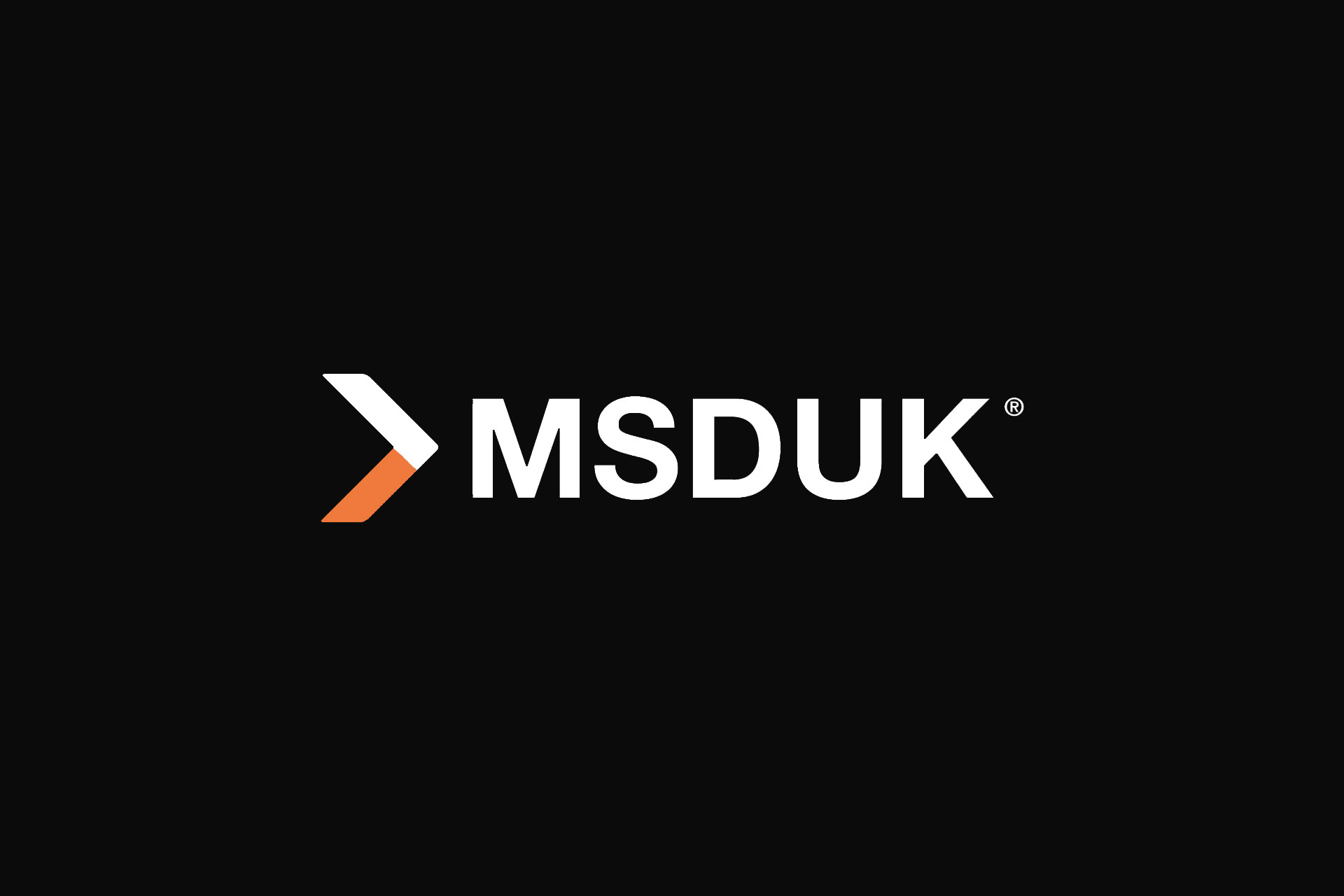MSDUK
RISING STARS ROLABOTIC WINNING GLOBAL CONTRACTS, CLIENT ENDORSEMENTS AND AWARD NOMINATIONS
It’s always a proud moment when we see one of our businesses performing well, but when we received news from ROLABOTIC MD Paresh Mistry about their recent successes and how MSDUK have helped them on their journey so far, we thought their work the last 18 months deserves a massive celebration.
So who are they, what have they been up to and why should you care?
Have a look at the NEW ROLABOTIC Intro Video (1-min) The Who, What, Where, When and Why of our business…and keep the volume up.
YouTube : The ROLABOTIC Video
ROLABOTIC tend to work with large FTSE 100/Fortune 500 who are tired of the large consulting houses and want a fresh independent perspective on finance transformation, Robotic Process Automation (RPA) and Artificial Intelligence (AI) – the only 100% truly independent consultancy in RPA/AI as they do not partake in any form of rebate or commission from vendors unlike their competitors.
They have taken on some big global clients in the form of a top 5 global brewer and a top 3 global insurer. As well as winning some large UK based firms including one of the top engineering firms in the country Sir Robert McAlpine.
Don’t believe us? Watch this amazing client testimonials from with Leighton More the Chief Financial Officer (CFO) at Sir Robert McAlpine. A family owned business which has delivered some of the most iconic construction projects in the world and is celebrating its 150th year anniversary.
Aside from working with a prestigious list of global clients there have also been some personal achievements; MD Paresh Mistry has also been recognised and nominated for an Institute of Directors innovation award in the management consulting field.
Paresh, we’re really excited to see what other mountains you climb next. To connect with ROLABOTIC or find out more about what they do you can visit their website https://www.rolabotic.com/ or follow their progress on LinkedIn. They have also recently moved from Central London and acquired office space in the prestigious Green Park Business Park in Reading.


